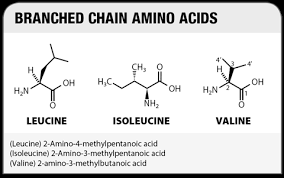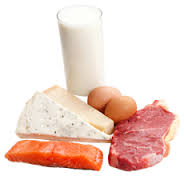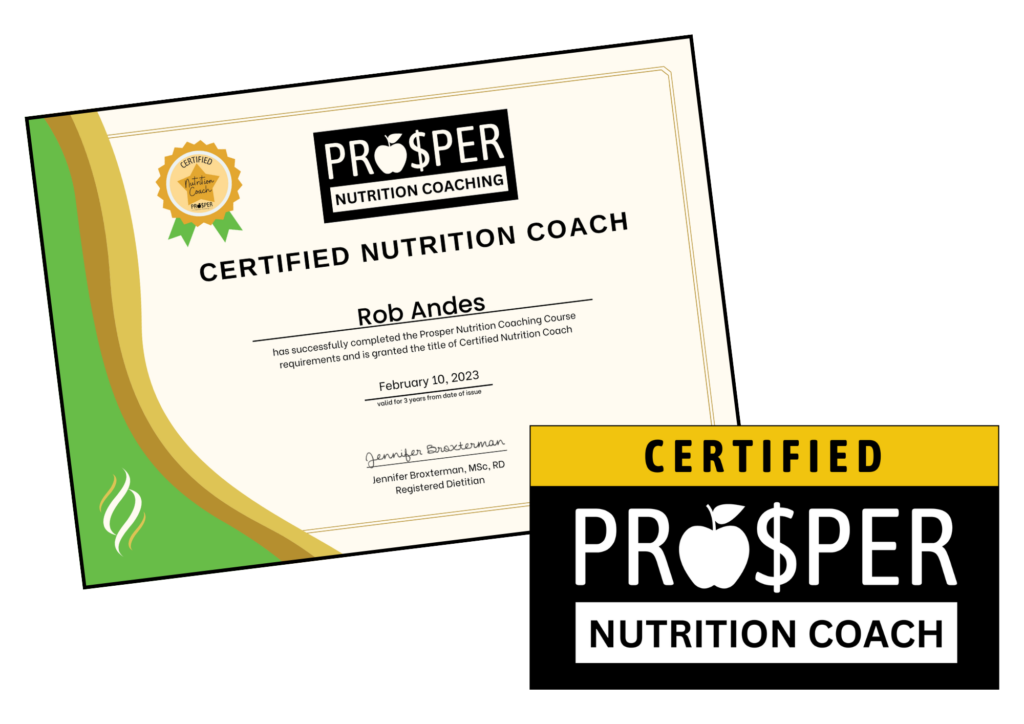

Branched Chain Amino Acid Supplements (BCAAs)
Should you supplement with BCAAs?
Walk into any supplement store, and you will find a multitude of products, often making bold claims, but is all the marketing hype backed by scientific evidence? Let’s take a closer look at a popular sports nutrition supplement: Branch-chain amino acids (BCAAs).
What are BCAAs
Amino acids are the building blocks of protein. There are 20 amino acids in total, 9 of which are essential to humans. This means the body cannot synthesize them, therefore we must obtain these amino acids from our diet. BCAA refers to a group of three amino acids that have a branched-chain chemical structure: leucine, isoleucine, and valine. They are unique to the other amino acids because they can be used by muscle cells for fuel.
Impact on Performance
Benefits claimed by supplementing with BCAAs before, during, and after exercise include:
- Enhancing recovery after exercise
- Helping to promote muscle growth
- Reducing physical and mental fatigue during prolonged exercise (referred to as the Central Fatigue Hypothesis)

However, there is no conclusive evidence to prove these claims.
The Australian Institute of Sport (AIS) Sports Supplement Program ranks sports supplements in four groups (A to D) based on a risk to benefit ratio. Amino acid supplements fall into category C, which contains “supplements that have no clear proof or beneficial effects”. Part of the reason that amino acids fall into this category may be that BCAAs can be easily derived from everyday foods or protein supplements. Similarly, according to a 2016 position paper by the Academy of Nutrition and Dietetics, Dietitians of Canada, and the American College Sports Medicine on Nutrition and Athletic Performance, BCAAs are not listed as one of the dietary supplements and sports foods with evidence-based uses in sports nutrition.
BCAAs are considered relatively safe, but high doses may cause GI distress or compete with the absorption of other amino acids. If your goal is improving endurance performance during exercise, BCAAs have not been conclusively shown through peer-reviewed scientific sports nutrition research to help with this.
Role of Leucine
If your goal is muscle growth, one BCAA in particular (leucine) has been shown to play an important role in stimulating muscle protein synthesis. Including a protein of high biological value (one that contains all the essential amino acids) and in particular, 2-3 grams of leucine, will help to promote muscle growth post workout.
Some examples of foods that contain 2 g of leucine are:
- 600 mL skim milk
- 17 g whey protein isolate (protein powder)
- 120 g (weight of raw) beef, poultry, or seafood
- 3 eggs
- 200 g of Greek yogurt

Choosing a BCAA Supplement
Scientific studies are based on supplementing with 5-20 g/day but some researchers recommend not to exceed 7-10 g/day. If you do decide to supplement with a BCAA, choose one with at least 2-3 g of leucine, as this has been shown to be the maximum dose needed to promote protein synthesis.
The ratio of leucine:valine:isoleucine should be 2-3:1:1. There is no difference in terms of liquid and powdered form – choose whatever is more convenient for you. Be sure to check the ingredient list as well, as BCAA supplements may also contain extra vitamins and stimulants not necessarily needed. With supplements, be aware that there can be possible contaminates not listed on the ingredient list, and if you are participating in a drug-tested sport, use extra caution, as banned substances may be cross-contaminated in the final formula.
Bottom Line
Before spending your hard-earned money on supplements to boost athletic performance or achieve body composition goals, be sure to have a solid foundation of eating wholesome, nutrient-dense foods and optimizing pre-, during, and post-workout nutrition. There may be tweaks that you can make to your current diet that will help with your goals of gaining lean muscle mass, improving performance, and increasing energy levels before having to turn to supplements.
Wishing you health & happiness,
♡ Jen
Jennifer Broxterman, MSc, RD
Registered Dietitian
NutritionRx: happy, healthy living with our team of Registered Dietitians
Prosper Nutrition Coaching: a world-class nutrition coaching certification
+
+
+
Want to work with a NutritionRx Registered Dietitian?
Learn more here: Nutrition Packages & Rates
+
+
+
Want to become a Certified Nutrition Coach?
Learn more about our habits-based Prosper Nutrition Certification




